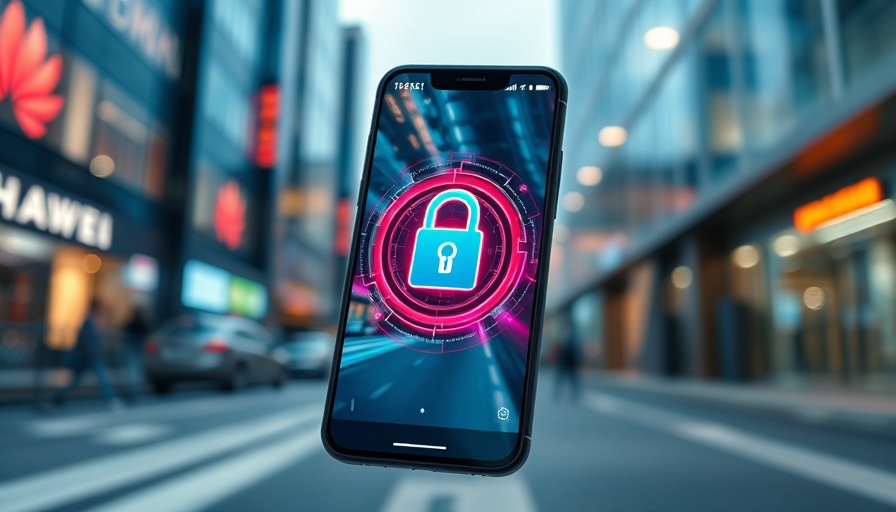
The Future of Electric Vehicles Could Be Challenged
The electric vehicle (EV) landscape is at a critical juncture. Recent sentiments from industry analysts reveal a potential decline in EV sales in the U.S. following the expiration of the federal tax credit. According to a poll conducted in the latest edition of TechCrunch Mobility, a staggering 60% of subscribers predicted a sharp drop in sales after this incentive finishes. While some believe automakers may circumvent this drop by implementing other pricing strategies, the industry remains uncertain. Indeed, the stakes are high as the future of EV adoption could significantly hinge on the retraction of such financial incentives.
Adapter Dilemma: Why EV Owners Might Need a Toolkit of Adapters
A pressing complexity for current EV owners lies in the transition to Tesla’s North American Charging Standard. As automakers gradually embrace this shift, the need for multiple charging adapters could emerge as a nuisance. General Motors has already introduced solutions with their latest adapters designed to enable vehicles to access different charging rates. While offering flexibility, the prospect of purchasing multiple adapters for different charging scenarios could clutter the experiences of owners, making it increasingly complicated for households with several EVs. This advancement raises questions about the long-term viability of a smooth and user-friendly EV charging experience.
The Road Ahead: Anticipating Growth in Robotaxi Fleets
Despite the potential downturn in EV sales, the autonomous vehicle sector continues to forge ahead, with Waymo recently announcing that their robotaxi fleet has surpassed 2,000 vehicles. This milestone demonstrates a growing confidence in self-driving technologies. As more cities eye autonomous transport as a viable solution to urban congestion, the interplay between traditional EV sales and the rise of robotaxis might reshape how both markets develop in the coming years. The advancements showcased by companies like Waymo could influence urban transport planning, injecting new life into the discourse surrounding sustainable commuting practices.
Implications for Future Tech Innovations
With the impending challenges posed to the EV market, the landscape may see a surge in innovation aimed at simplifying EV usage. This could lead to improved partnerships between automakers and technology developers to create seamless, integrated charging solutions. As the tech industry witnesses shifts based on consumer feedback and market demands, future tech news might highlight which companies rise to meet these challenges head-on.
Conclusion: Engage and Prepare for Industry Changes
As an EV owner or prospective buyer, staying informed about these developments is crucial. Understanding the implications of the federal tax credit expiration, the complexities surrounding EV charging processes, and the potential growth of autonomous transport can empower you to make better decisions in the rapidly evolving automotive landscape. By engaging in conversations about these changes, we can collectively influence and adapt to the future of transportation.
 Add Row
Add Row  Add
Add 



Write A Comment